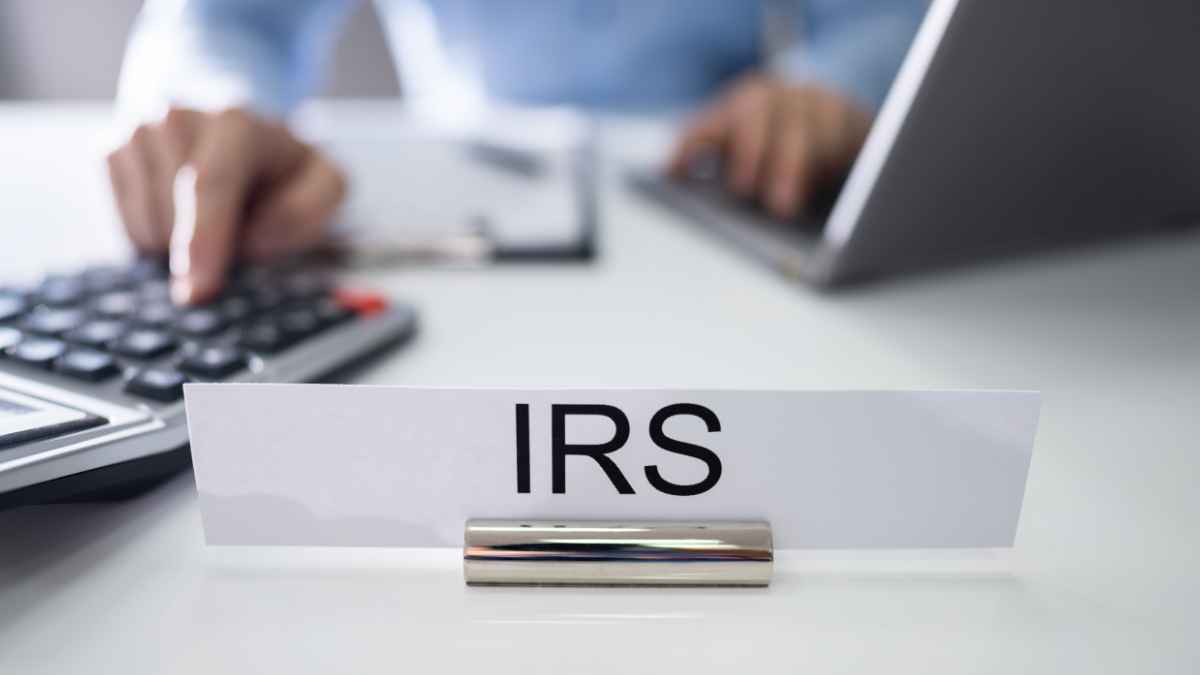As natural disasters and charitable causes prompt many Americans to open their wallets, it’s essential to ensure that your donation goes to a legitimate charity. The IRS offers a powerful tool to help you verify whether an organization is truly tax-exempt and eligible for tax-deductible donations.
Unfortunately, charity scams are on the rise, especially during times of crisis. Scammers frequently impersonate legitimate organizations, trying to steal your money and personal information. The IRS cannot deduct donations made to fake charities, so it’s crucial to know how to spot an impersonator.
Fortunately, you don’t have to guess whether the organization is legitimate. The IRS offers a free tool to help you determine if a charity is eligible for tax-deductible donations.
IRS Tax-Exempt Organization Search Tool: Your Key to Preventing Scams
The IRS Tax-Exempt Organization Search tool (TEOS) helps you confirm if a charity is registered and eligible to receive tax-deductible contributions. By using the tool, you can easily access important information about the organization’s tax-exempt status and ensure it’s not a fraud. Here’s how you can make sure your donation is going to a legitimate charity:
- Tax-Exempt Status: Check if the charity is recognized by the IRS.
- Eligibility for Tax Deductions: Ensure your donation can be deducted from your taxes.
How to Use the IRS Tool to Verify Charities? The process to verify a charity is simple. Here are the steps you need to follow:
- Visit the IRS Website: Go to the IRS Tax-Exempt Organization Search page.
- Choose your database: Select from options like Pub 78 Data, Auto-Revocation list, or Form 990.
- Enter search criteria: Input the charity’s name or its Employer Identification Number (EIN). If you don’t know the EIN, try the organization’s name.
- Review results: The search will provide detailed information about the charity’s tax-exempt status and eligibility for tax-deductible contributions.
Steps to take if you encounter a fake charity
If you come across a suspicious charity, it’s essential to report it to the IRS. Fake charities not only scam donors but may also try to collect sensitive personal information. Always be cautious when providing personal details, and never share private information like your Social Security number or financial accounts with an unverified organization. How to Report Charity Fraud?:
- Report via IRS Website: Use the IRS online form to report fraudulent charities.
- Avoid Giving Personal Info: Never provide personal details unless you are confident the charity is legitimate.
- Contact Your Bank: If you’ve donated to a fake charity, notify your bank and consider freezing your account to prevent further fraud.
Before making any donation, take a moment to ensure the charity is legitimate. By following the steps above and using the IRS tool, you can prevent scams and ensure your money goes where it’s needed most.
| Step | Action |
|---|---|
| Step 1 | Use the IRS tool to verify the charity’s tax-exempt status. |
| Step 2 | Ensure the charity is eligible for tax-deductible donations. |
| Step 3 | Report any suspicious organizations to the IRS. |
| Step 4 | Never share sensitive information like your SSN or bank details. |
By taking a few simple steps to verify a charity’s legitimacy, you can protect yourself from fraud and ensure that your donation truly helps those in need. The IRS Tax-Exempt Organization Search tool is a quick and easy way to make sure you’re giving to a trustworthy cause.

